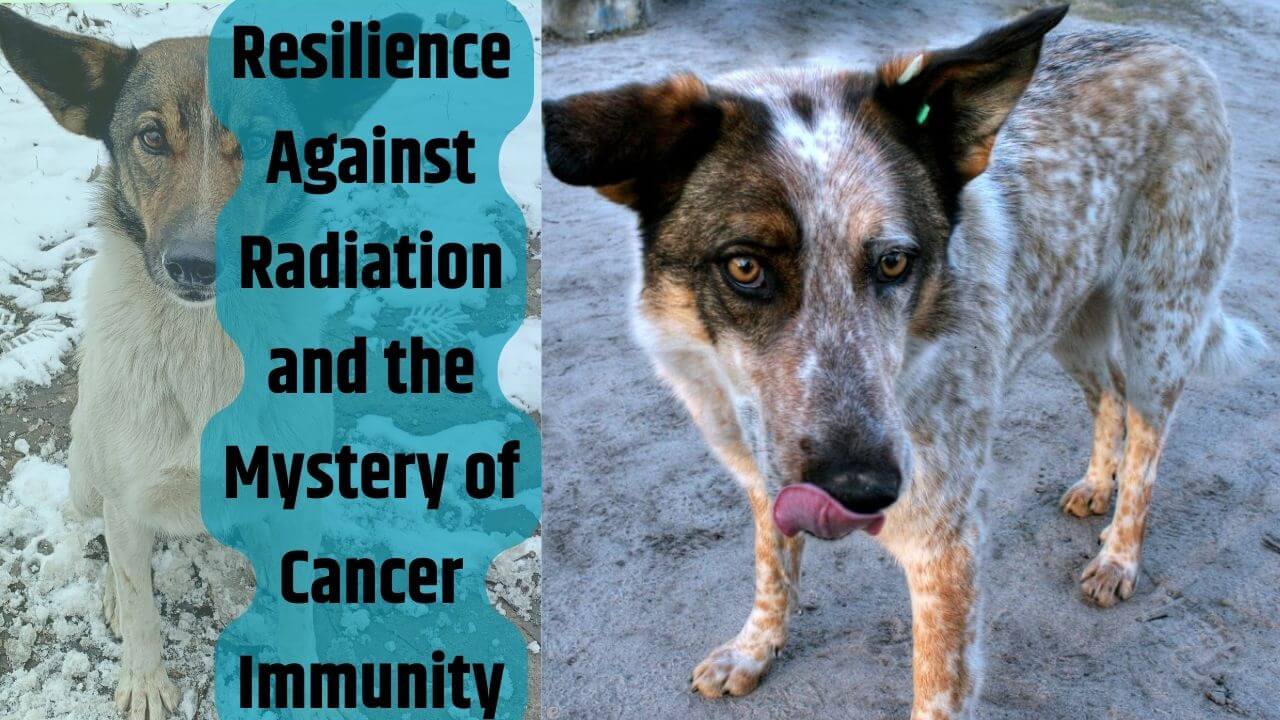The Chernobyl nuclear disaster shook the world, marking one of the most significant nuclear incidents in history. The radiation released during any nuclear event is highly hazardous, often leading to severe health issues. Surprisingly, the dogs of Chernobyl seem to defy the odds, showing remarkable resistance to cancer despite exposure to devastating levels of radiation.
A Global Impact
The Chernobyl disaster of 1986 sent shockwaves worldwide, establishing itself as the largest nuclear disaster in history. The release of radiation during this catastrophic event posed severe threats, creating an exclusion zone around the affected area. Radiation, a known cause of various debilitating diseases, has historically been associated with an increased risk of cancer.
Radiation Resistance in Chernobyl Dogs
In the aftermath of the Chernobyl disaster, researchers have been studying the wildlife in the affected region, particularly the dogs and wolves. Astonishingly, these canines have displayed an unusual resistance to the cancerous effects of radiation.
A recent study conducted by evolutionary biologist Dr. Kara Love from Princeton University has shed light on the unique genetic adaptations observed in the descendants of the dogs that survived the Chernobyl disaster. Despite the increased radiation levels in the area, these dogs exhibit a lower incidence of cancer compared to their counterparts in regions surrounding the exclusion zone.
Mutations and Genetic Adaptations
The research suggests that the genetic mutations observed in the Chernobyl dogs have led to changes in their immune system, providing them with a level of cancer resistance. Over the past decade, Dr. Love has been closely examining these animals, uncovering alterations in their defense mechanisms against radiation-induced cancer.
Practical Implications and Future Research
The findings raise intriguing questions about the potential applications of these genetic adaptations. Understanding the mechanisms behind the Chernobyl dogs’ resistance could open new avenues in cancer research, offering insights into developing therapies or preventive measures.However, researchers caution that while the Chernobyl dogs have demonstrated a level of resilience against cancer, the long-term effects of radiation exposure on their overall health and reproduction are still under investigation.
The Chernobyl dogs present a fascinating case of survival and adaptation in the face of one of the most devastating nuclear incidents in history. As science continues to unravel the mysteries of their genetic resilience, the lessons learned from these canines may contribute to advancements in cancer research and our understanding of the long-term effects of radiation exposure on living organisms.
